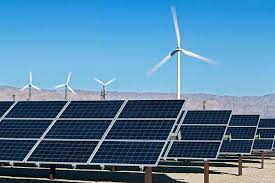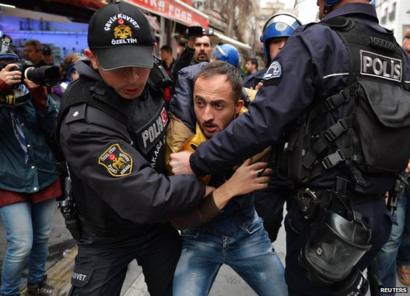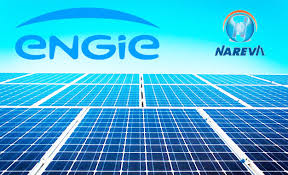 The Tunisian government has launched international tenders for the building of five new plants using photovoltaic technology, part of the country’s decision to develop renewable energies.
The Tunisian government has launched international tenders for the building of five new plants using photovoltaic technology, part of the country’s decision to develop renewable energies.
These projects will be developed under the Build Own Operate (BOO) model. They include 200 MW solar plant in the province of Tatouine, two 100 MW PV facilities in the provinces of Kaiouran and Gafsca, and two more 50 MW solar parks in the provinces of Sidi Bouzid and Tozeur.
The launch of the tender, which is part of a plan to add 1 GW of renewable energy capacity (including another 500 MW of wind) in the North African country, comes a week after the closing of a 70 MW solar tender.
Tunisia’s renewable energy strategy is targeting to deploy around 4.7 GW of clean energy capacity by 2030. The strategy aim is to strengthen both the national fossil and renewable energy resources. It seeks to produce 30 pc of Tunisia’s electricity from renewable energy sources in 2030 by installing 1000 MW in the first phase (2017 – 2020) and 1250 MW in the second phase (2021 – 2030).
Tunisia does not currently have a specific incentive system for renewables but uses direct financial and tax incentives instead, with capital subsidies, grants and rebates available.
Investment will be needed to increase grid capacity and ensure the infrastructure can receive and distribute power from large-scale projects.
The Tunisian government has introduced legislation allowing surplus electricity produced by plants to be sold to the Tunisian Electricity and Gas Company.
According to experts, Tunisia has significant solar potential, and can support large-scale CSP generation. They say its PV market is expected to continue to develop as the Government has introduced subsidies to lower solar panel costs by around 30 pc to encourage installation.
Tunisia is also involved in the Mediterranean Solar Plan and DESERTEC “super-grid”. The Mediterranean solar plan is a EU-backed scheme worth €38 billion and aimed to create 20GW of new solar around the Mediterranean Sea, with the output exported to Europe to help the EU meet its 20 pc target of electricity from RES by 2020.
The DESERTEC seeks to connect several African and European countries in an effort to harness and distribute power from the region’s vast solar resource. By 2050, the project will have invested around €400b in solar plants and transmission lines to meet a large proportion of both MENA and continental Europe’s electricity demand.


